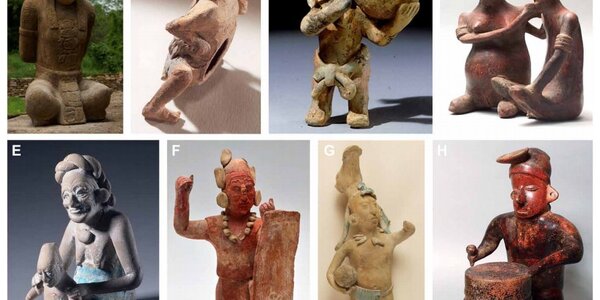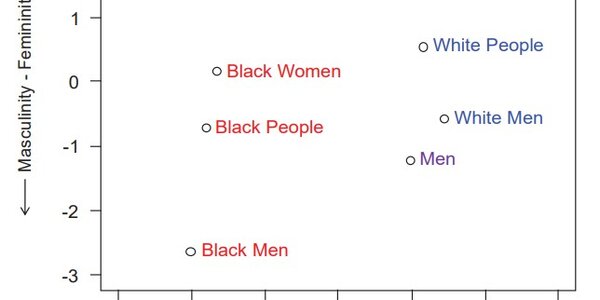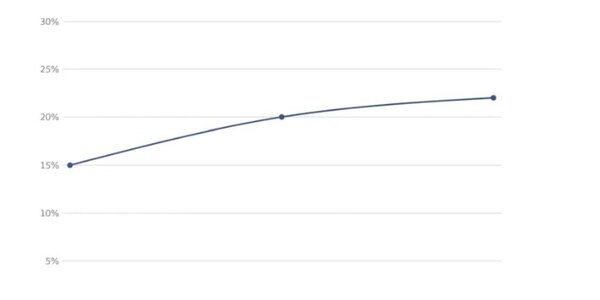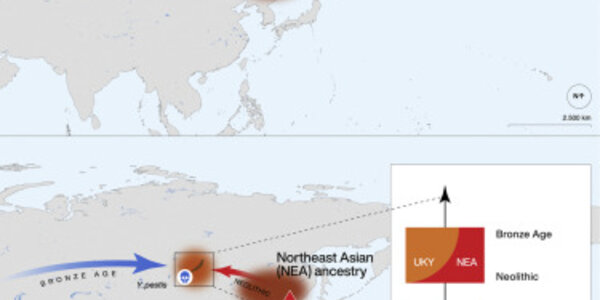Independent Frontier Mentality Still Exists In Modern Mountain Regions - And With It Less Neuroticism
If you are a tourist and visit California in the United States or Bavaria in Germany, you will quickly notice it is not like a lot of other places in those countries. A cultural mentality exists and people who identify with the stereotype are more likely to stay or even move there.
A new paper finds that people who live in mountain regions of the U.S. maintain more of that sensibility even in the modern era. Historian Frederick Jackson Turner, a Harvard academic, presented his thesis on the US frontier in 1893, describing the "coarseness and strength combined with acuteness and…









